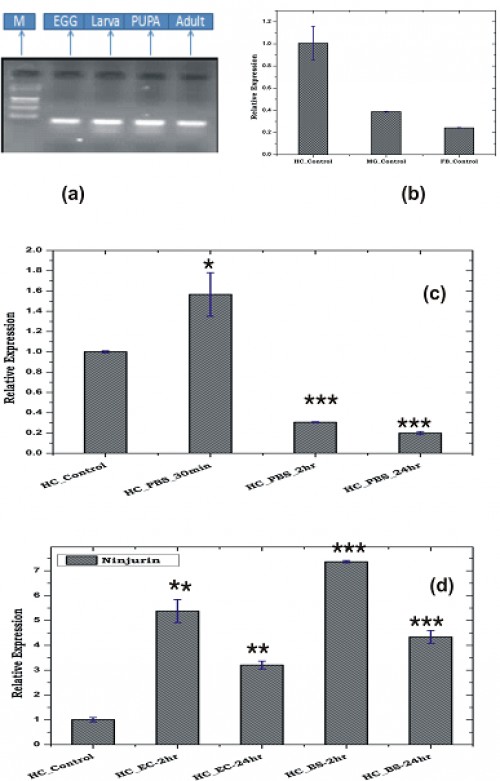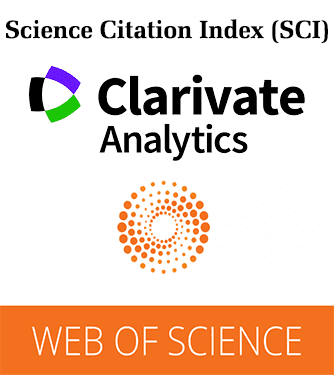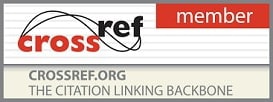Vol. 1, Issue 4, Part A (2014)
Structural and functional prediction analysis of mosquito Ninjurin protein: Implication in the innate immune responses in Anopheles stephensi
Author(s): Tina Thomas, Tanwee Das De, Punita Sharma, Sonia Verma, Suman Rohilla, Kailash C Pandey, Rajnikant Dixit
Abstract: xNinjurin, identified as a two-pass transmembrane protein is induced upon nerve injury in vertebrates. Recent studies demonstrate that ninjurins are cell adhesion molecules, capable of regulating many cellular functions viz. embryogenesis, injury, inflammation, signals etc. However, their structural and functional properties controlling these cellular responses, especially innate immune responses have not been investigated in detail. Through comprehensive molecular and functional genomics approach, here we characterize and predict the possible role of mosquito ninjurin (AsNinj) in hemocyte mediated cellular immune response. Molecular modeling analyses provide crucial information about the key residues of ninjurin proteins, for further in vitro and in vivo functional analysis.
Related Graphics: Click here for more related graphics

Fig.: Transcriptional behavior of mosquito ninjurin protein: (a) AsNinj expression during the development of mosquito. Developmental stages include Egg, Larva, pupa, adult female; M= 500bp Ladder; (b) Tissue specific relative expression of AsNinj, HC: Hemocyte; MG: Midgut; FB: Fat body; (c) Injury specific response of (PBS: phosphate buffer saline); (d) Up regulation of AsNinj in response to microbial challenge.
Pages: 60-65 | 1936 Views 131 Downloads
How to cite this article:
Tina Thomas, Tanwee Das De, Punita Sharma, Sonia Verma, Suman Rohilla, Kailash C Pandey, Rajnikant Dixit. Structural and functional prediction analysis of mosquito Ninjurin protein: Implication in the innate immune responses in Anopheles stephensi. Int J Mosq Res 2014;1(4):60-65.







